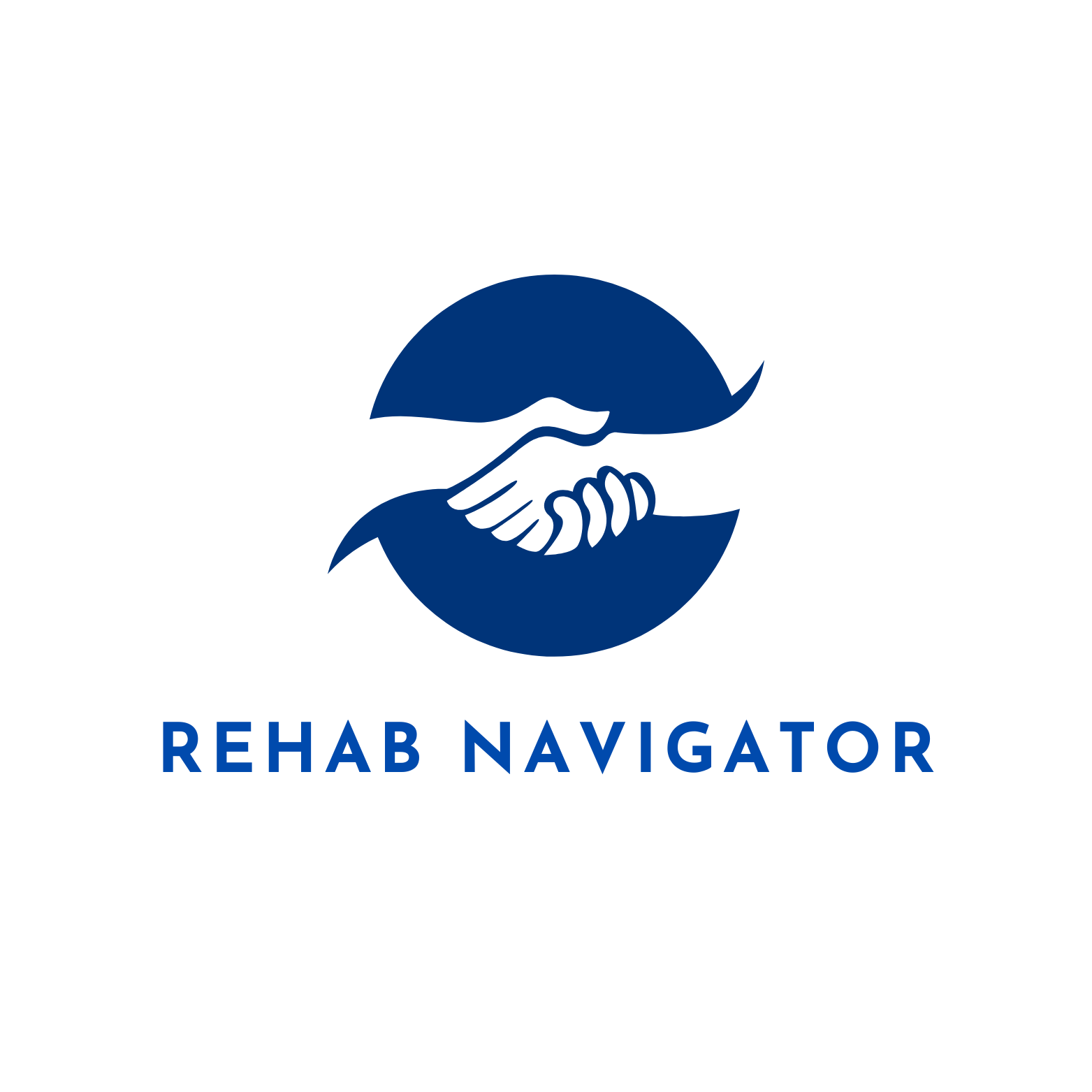
Frequently Asked Questions About Rehab
Understanding the details of addiction treatment can ease much of the anxiety and uncertainty that comes with seeking help. There are several factors to consider before starting rehab, and being aware of what to expect during and after treatment can make the transition smoother.
Frequently Asked Questions About Addiction Treatment
Seeking answers about addiction treatment and recovery is a vital part of the journey—it shows you’re taking the first important steps toward healing. Below are some of the most common questions people ask about addiction treatment.
Does Insurance Cover Addiction Treatment?
If you have a private health insurance plan, it should cover at least a portion of your treatment costs. The Affordable Care Act (ACA), enacted in 2010, expanded access to addiction treatment by requiring coverage for these services at the same level as other medical and surgical procedures.
Under the ACA, insurance coverage may include:
-
Initial addiction assessments
-
Medications for addiction treatment
-
Clinic visits
-
Alcohol and drug testing
-
Family counseling
-
Medication-assisted treatment (MAT)
-
Medical detox programs
How to Stage an Intervention
There is no exact right time to hold an intervention—it’s up to loved ones to determine when it’s necessary. Many families and friends decide to intervene when they see substance use reaching dangerous levels. However, rushing the planning process can lead to misunderstandings and unintended negative outcomes.
Most interventions follow these key steps:
-
Consult with an intervention specialist.
-
Develop a structured plan with professional guidance.
-
Rehearse the intervention multiple times.
-
Select an appropriate time and location.
-
Be prepared for any response, whether positive or negative.
How Much Does Rehab Cost?
The cost of addiction treatment can vary significantly, with more intensive programs typically being more expensive. Inpatient treatment generally costs more than outpatient programs due to the level of care provided.
Several factors influence rehab costs, including:
-
Amenities: Luxury rehab centers offer high-end features such as private rooms, spas, personal massage services, swimming pools, gourmet chefs, gyms, and personal trainers. The more amenities provided, the higher the cost.
-
Location: The rehab center’s location plays a major role in pricing. Facilities in premium locations, such as beachfront properties or major cities like New York, tend to be more expensive.
-
Length of Stay: No matter the type of program, longer treatment durations result in higher overall costs.
What to Expect in Drug Rehab
Addiction often brings chaos and confusion, making recovery a process of relearning healthier thoughts and behaviors. The primary goal of drug rehab is to break these destructive patterns and establish a foundation for lasting change.
During rehab, you’ll follow a structured daily routine that typically includes:
-
Individual therapy sessions
-
Support group meetings
-
Family therapy sessions
-
Recreational activities
-
Medical care
This structured approach helps create stability, promote healing, and support long-term recovery.
How Long Does Treatment Last?
The duration of treatment varies based on factors such as the severity of addiction and the presence of a dual diagnosis. Most rehab programs offer stays of 30, 60, or 90 days, though some individuals may require longer treatment depending on their specific needs.
There is no universal timeline for recovery—treatment lasts as long as necessary to help you achieve and sustain long-term sobriety.
Life After Rehab: What to Expect
After spending weeks or months in a rehab program, transitioning back to daily life can feel overwhelming or even disorienting for some. The key to life after rehab is incorporating the skills and strategies learned during treatment into everyday routines.
Since addiction has no definitive cure, recovery is an ongoing journey. It doesn’t stop when rehab ends but instead becomes a way of life, reflected in your mindset and the choices you make each day.








